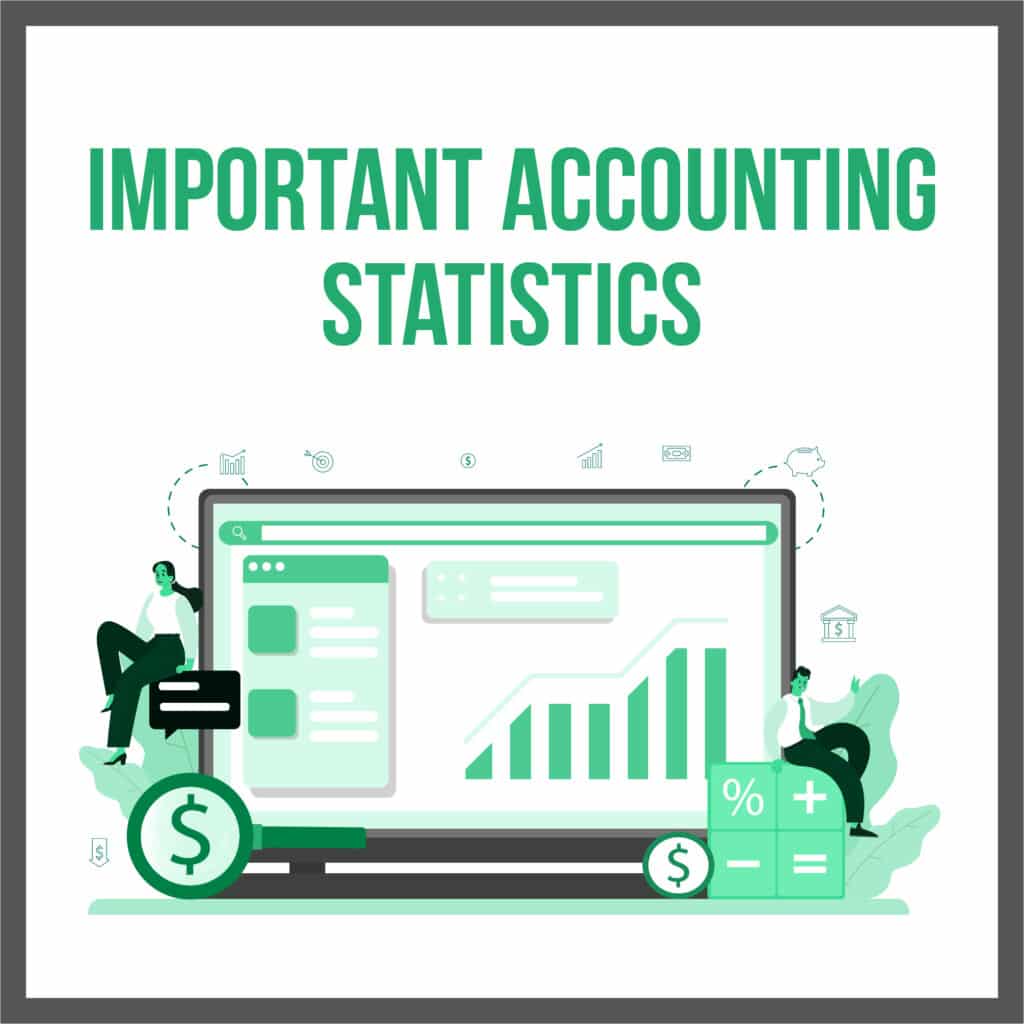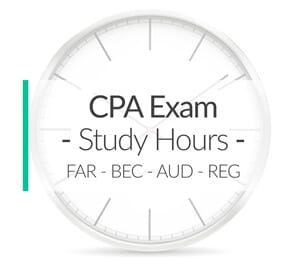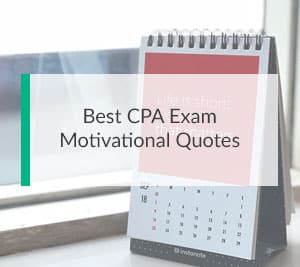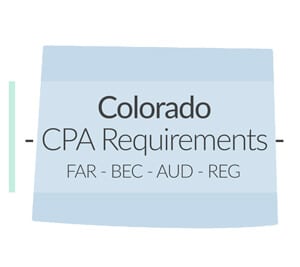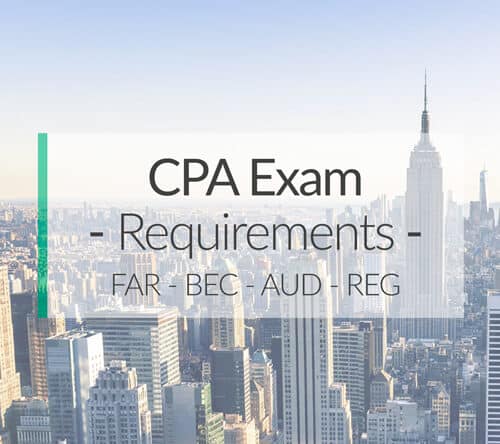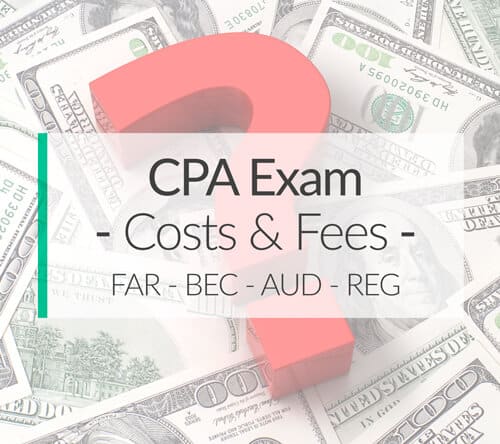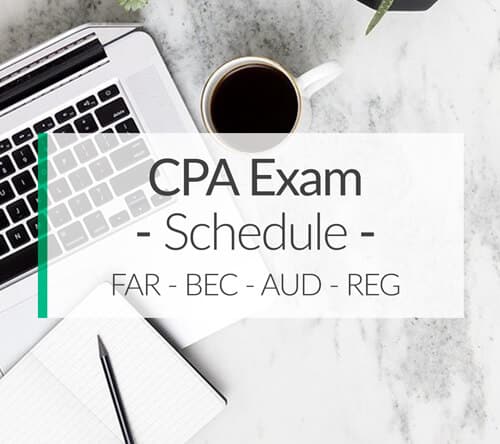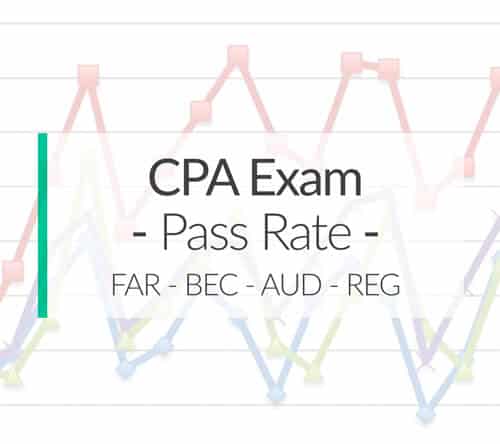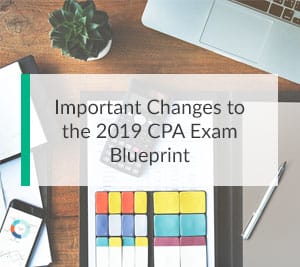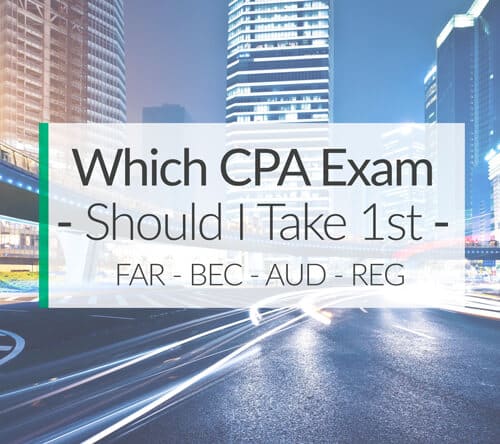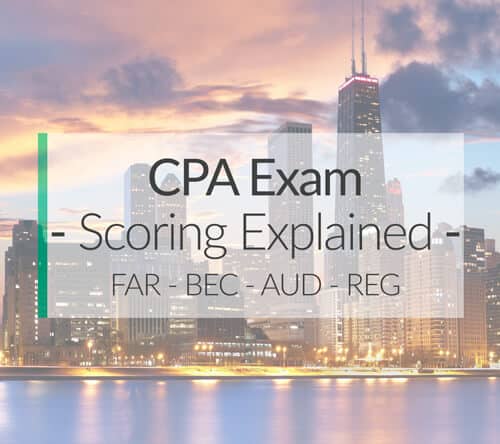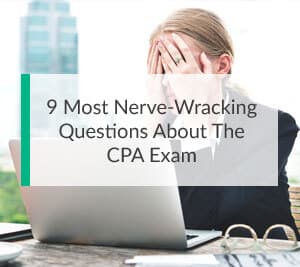
According to the Bureau of Labor Statistics (BLS), which is a unit of the United States Department of Labor, the employment of accountants and auditors is expected to grow by 10% between 2016 and 2026. This increase will lead to an additional 139,900 jobs over a decade. The rate of growth of jobs for accountants and auditors is faster than the average for all occupations.
The data published by the BLS also reveals that accountants are paid well. Median pay in May 2017 was $69,350 per year and experienced CPAs can expect to earn substantially more.
However, to become a CPA you need to overcome the hurdle of the Uniform CPA exam: a notoriously difficult test challenging your understanding of the principles and concepts of accounting, auditing, and other related subjects.
Passing this exam requires hard work, dedication, and the willingness to devote hundreds of hours to reading the study material, taking practice tests, and building your skills in the relevant subjects.
Candidates can have many questions about the CPA exam. How difficult is it? What are my chances of passing? How much time do I need to prepare?
Here is a list of nine stress-inducing questions that you may have asked yourself at some point, along with answers that could help you to achieve your goal of passing the CPA exam.

How Much Time Do I Need To Prepare For The CPA Exam?
There are four sections that you need to pass:
- Auditing and Attestation (AUD)
- Business Environment and Concepts (BEC)
- Financial Accounting and Reporting (FAR)
- Regulation (REG)
The passing score in each section is 75. If you get less than this, you have no option other than to take the relevant section all over again. This means revisiting your study material and spending as much time (or more) as you did on your first attempt.
You should do your best to avoid having to retake the exam. But how can you ensure that you pass on your first try?
Although there is no way to guarantee a passing score, you can improve your chances by devoting at least 100 hours of study for each section. So if you can allocate 15-20 hours per week, you will need about a month and a half to complete the course. Remember: that’s a month and a half for each section.
However, it’s advisable to allocate substantially more than 100 hours. If you can set aside, say, 150-200 hours per section, that may seem like overkill, but if it saves you from retaking the exam it will be well worth the effort.
Will I Pass The CPA Exam?
This is probably the burning question that’s on every candidate’s mind. There’s no denying that this is one of the most demanding professional exams; approximately every second candidate fails the CPA exam!
Here’s a snapshot of the pass rates for exams held in the third quarter of 2018:
- AUD: 51%
- BEC: 60%
- FAR: 49%
- REG: 57%
CPA exam success rates usually hover a little above or below 50%. Does that mean that every time you take the exam, you are as likely to fail as to pass?
Of course it doesn’t! Getting a score of 75 or more depends upon how well you have prepared. If you put in an adequate amount of work and manage your time well, your chances of passing will improve greatly.

How Should I Prepare For The CPA Exam?
The CPA exam is a test of your ability to apply the concepts that you learn to real-life situations. An individual who has passed the CPA exam is expected to have an adequate level of the skills and knowledge that are required to practice public accountancy.
However, many parts of the study material could be difficult to understand on your own. While self-study may help to a certain extent, most candidates could benefit from some external help. Fortunately, there are several excellent CPA exam prep courses that you can choose from. These offer a range of tools to help you to learn new topics quickly.
Here are some of the advantages that you a CPA exam review course offers:
- Video lectures: Listening to an instructor explain a subject can be a far better way to learn than reading a textbook. Most CPA review courses offer approximately 100 hours of video lectures; listening to these can be extremely beneficial for candidates.
- Multiple-choice questions: Half of your score in all four sections of the CPA exam is based on your answers to the multiple-choice questions (MCQs). A good review course provides thousands of MCQs that you can use to familiarize yourself with this part of the exam. Wiley CPA, one of the most popular courses, offers 12,000 MCQs. Gleim CPA Review, another leading program, has 9,200 MCQs.
- Audio course: Several prep course companies also provide an audio version of their study material. This can help you to continue with your exam preparation when you are commuting, exercising, or performing similar activities away from your main study area.
- Mobile app: Some courses offer a CPA flashcard app for your phone. This can be very useful in helping you to memorize definitions and other terms, especially when away from your primary study area or computer.

How Many CPA Candidates Drop Out After Starting?
NASBA defines a dropout as a CPA candidate who hasn’t passed all four sections and has not sat for a section within the last 18 months. Although data regarding the number of candidates who drop out of the exam is not available, a NASBA report reveals the following information:
- Most of the candidates who drop out are from business, industry, and government; relatively few are from public accounting.
- About two-thirds didn’t pass a single section of the CPA exam and weren’t even close to passing. An additional 16% passed only one section.
- Half the candidates said that they would continue to attempt the exam.
What does this tell us? It looks like if you are able to pass more than one section of the exam and you work in a relevant field, you are significantly less likely to drop out completely. And even if you do drop out, there’s nothing stopping you from trying again later!
Do I Need To Pass All Four Sections Of The CPA Exam Within 18 Months? What If I Don’t?
It’s true: you need to ensure that you plan your study schedule around this rule. You have 18 months to pass all four sections of the exam. If you aren’t successful in doing this, you will lose credit for the section that falls outside of the 18-month window.
What is the implication of this rule?
You will have to retake any sections for which you have lost credit. This means starting your exam preparation all over again. The worst part is that there is no guarantee that you will pass when you retake the exam. You may have the misfortune of failing a section that you had passed earlier!
There’s another aspect of the 18-month rule that you must remember. There are four “testing windows” during the year. The CPA exam is offered only during these testing windows; these are their dates:
- January 1 to March 10
- April 1 to June 10
- July 1 to September 10
- October 1 to December 10
According to the exam rules, you are permitted to take one or more sections during a specific window but you can’t retake the same section in the same test window.
So what should you do? The best approach is to take at least two to three sections per testing window. This will increase your chances of passing all four sections within 18 months.

Should I Take The CPA Exam Straight Out Of College or Wait To Gain Some Work Experience?
There’s no “correct” time to take the CPA exam. You can take it immediately after college or even after you have worked for many years. Of course, you must meet your state’s requirements to take the CPA exam beforehand in either scenario!
According to a report carried on the New York State Society of Certified Public Accountants’ website, Belicia Cespedes passed the CPA exam at only 17 years old.
While that’s much lower than the average age of those who take the exam, it does seem that younger candidates have higher pass rates. An analytical piece in Accounting Today based on the National Association of State Boards of Accountancy’s (NASBA’s) 2017 Candidate Performance on the Uniform CPA Examination includes this bar chart:
Image Source – Accounting Today
The horizontal axis provides the age bracket of the candidates and the vertical axis shows the average score for the relevant age bracket. You will see that there is a consistent drop in the average score as the age of the candidate increases.
However, this shouldn’t dissuade older candidates from taking the exam. Ultimately, your result will depend upon the effort that you have put into your preparation and your ability to answer the questions correctly.
If I Don’t Know an Answer When Taking the CPA Exam, Should I Guess Or Skip The Question?
None of the questions in the CPA exam carry a penalty for an incorrect answer, so you shouldn’t leave any questions blank. Select the most likely option in the MCQs; you have nothing to lose by getting it wrong!
The CPA exam also carries several “pretest” questions. It’s crucial to remember that these questions are not scored. It doesn’t matter whether you get them right or wrong.
Then why are they used? A pretest questions function is to help the examiner judge the response of candidates. If they pass certain criteria, they are used in future exams as operational or regular questions.
There are 12 pretest MCQs and one pretest task-based simulation (TBS) in each section. Additionally, the BEC section contains one pretest written communication task.
You don’t have any way of differentiating between an operational question and a pretest. You should go ahead and answer every question as best as you can; just know that some of them won’t count!

Which Is The Hardest CPA Exam Section?
The Financial Accounting and Reporting (FAR) section is statistically the most difficult to pass. This is empirically proven by the pass rates for each of the four CPA exam sections.
The following table provides the pass percentages for each section from the first quarter of 2016 to the third quarter of 2017:
Historical CPA Exam Pass Rates By Section
Source – Presentation to the NASBA 100th annual meeting
The FAR pass percentage is the lowest in every quarter except the third of 2016.
The presentation to the 100th annual meeting of NASBA also provides the number of candidates for the different sections. Here’s what this data reveals:
Number of CPA Exam Candidates by Section
| CPA Exam Section | Number of CPA Candidates – Q2 to Q4 2017 |
| AUD | 42,057 |
| BEC | 31,531 |
| FAR | 47,371 |
| REG | 39,350 |
Again, we see that the FAR section has the largest number of candidates. That’s because those who didn’t pass earlier need to retake the exam.
What does this tell us? For many candidates, FAR presents the greatest difficulty and requires additional preparation.

How Do I Increase My Chances Of Passing?
Passing the CPA exam requires you to devote many hundreds of hours to your textbooks. But it isn’t just a question of the time that you spend or the number of revisions that you carry out of your study materials. You need to devise a sound strategy and make a plan to cover all the topics adequately before you take the exam.
Here are some broad guidelines that you must follow:
- Make a study schedule and stick to it.
- Familiarize yourself with the structure of the exam and prepare accordingly.
- Focus on understanding the different topics. Don’t spend too much time on memorizing terms and formulas.
The Bottom Line
Remember that preparing for the exam requires consistent effort. You can’t afford to neglect your CPA exam study materials for a few days and then pick up from where you left off. It’s crucial to build momentum and peak when it is time to take the exam.
Is there any way to guarantee that you will pass? Of course not. But you can increase your chances by purchasing a good CPA review course and using it intelligently to prepare for the exam.

Flash Sale – $1,350 Off Surgent CPA Ultimate Pass

Enjoy $1,200 Off Surgent CPA Ultimate Pass
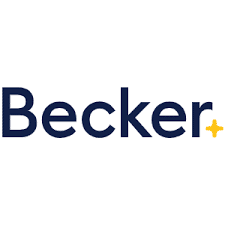
Enjoy $1,140 Off Becker CPA Pro

Take $1,110 Off Surgent CPA Ultimate Pass
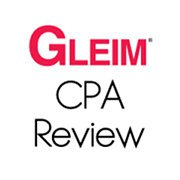
Take $1,050 Off Gleim CPA Premium Pro Course

Get $1,000 Off Becker CPA Concierge

Becker CPA: 0% Interest Payment Plan

Save on Becker CPA Single Part Courses

Take $1,500 Off Surgent CPA Ultimate Pass

Get CPA Evolution Ready Content on All Becker CPA Courses

Sale – Becker CPA Premium Package Now $3,099

Becker CPA Advantage Package Now $2,499 – Promo



